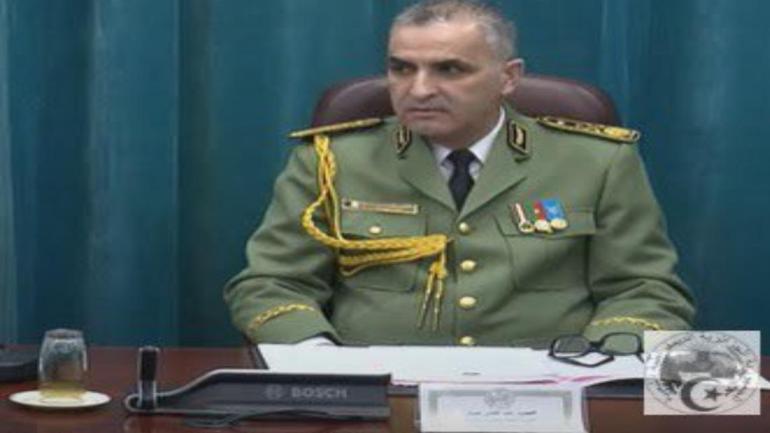
In a country where even teenagers risk their lives crossing the Mediterranean in search of freedom,the recent escape of a former Algerian intelligence chief by boat to Spain has rattled a regime mired in self-inflicted crises.
General Abdelkader Haddad,alias “El Djinn”,is no ordinary fugitive. Once head of Algeria’s powerful internal security agency,the DGSI,he is now the most high-profile defector in recent memory,and his flight exposes the expanding cracks within Algeria’s military-led system.
Haddad’s escape comes at a time when the regime is increasingly using anti-terrorism laws and fear tactics to silence dissent,criminalize peaceful activism,and maintain its grip on power.
Appointed in 2024 by President Abdelmadjid Tebboune to lead the DGSI,Haddad was tasked with safeguarding the regime. But within months,he was dismissed,imprisoned,and later placed under house arrest. Despite being under tight surveillance,he managed to flee to Spain,reportedly by boat.
According to Spanish journalist Ignacio Cembrero,Haddad claimed upon arrival: “I was going to be assassinated before my trial,and they would have disguised it as a suicide.”
His escape is a stunning indictment of the regime’s internal disarray and a rare glimpse into the clan warfare that has marked Algerian power politics since independence. Once a loyal enforcer of the Tebboune-Chengriha axis,Haddad’s flight suggests a brutal purge within the ruling elite,where yesterday’s protectors become today’s threats.
“He’s a lone wolf,a master of infiltration,and a man of the field,” wrote journalist Farid Alilat in Le Point. “He knows how to evade surveillance,and he has the resources to fund his own disappearance.”
Haddad’s escape comes amid a broader crackdown on dissent. According to human rights groups,Algerian authorities have increasingly used anti-terrorism legislation to prosecute peaceful activists,journalists,and artists. Charges such as “apology of terrorism” and “undermining national interest” have become tools to criminalize free expression.
By framing dissent as terrorism,the regime installs a climate of fear and repression while projecting an image of stability to international partners. But Haddad’s escape shatters that illusion.
Just as the regime was reeling from the fallout of Haddad’s disappearance,Army Chief of Staff General Saïd Chengriha staged a highly publicized visit to Tébessa,near the Tunisian border,where the army claimed to have killed six terrorists in a counterterrorism raid on September 23.
The operation,which recovered six Kalashnikov rifles and ammunition,was framed as a major success in the fight against terrorism.
But the timing raised eyebrows. Coming just days after Haddad’s escape,the operation was widely seen as a calculated show of force to reassert control,distract public attention,and reinforce the regime’s narrative of national unity and vigilance.
United News - unews.co.za